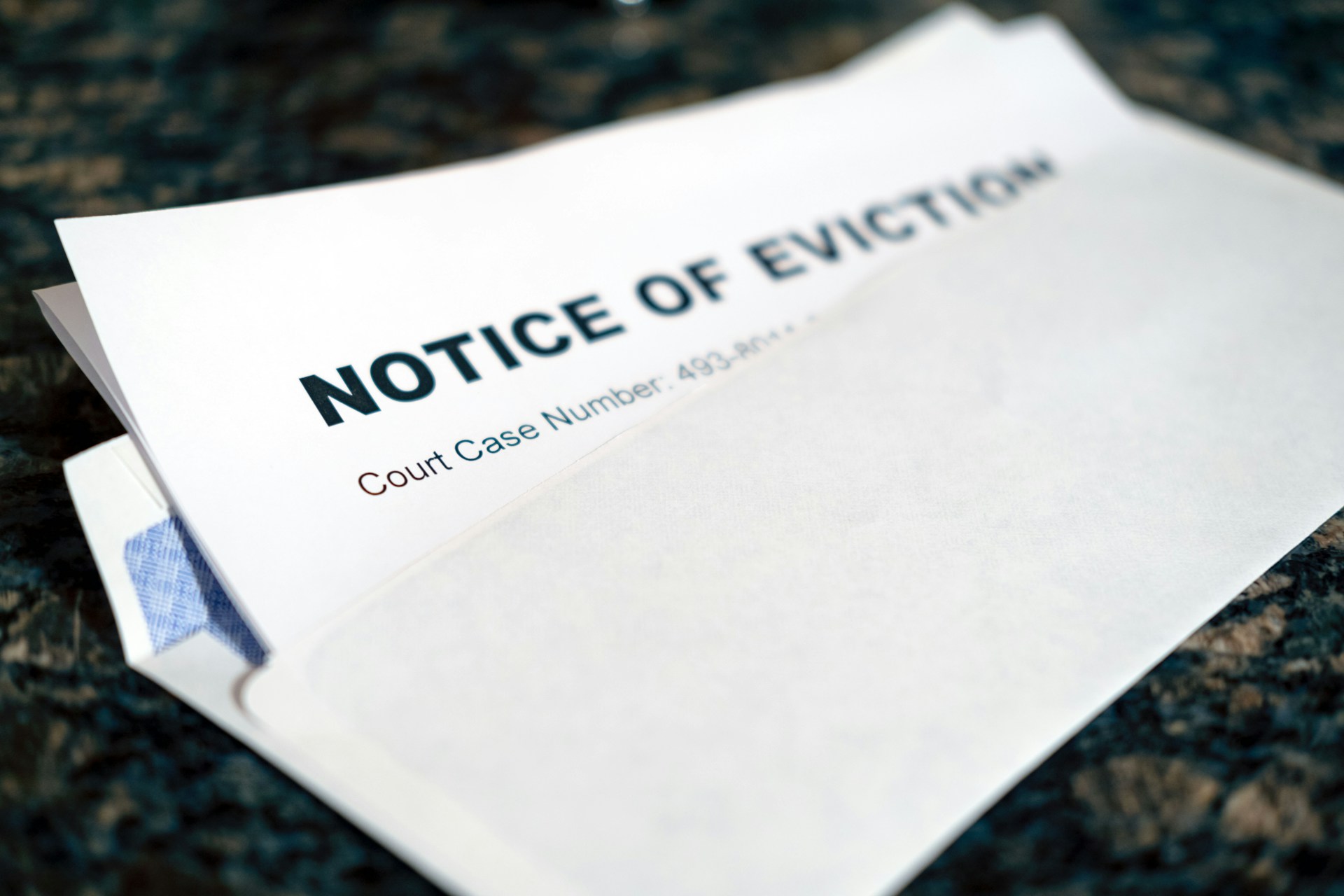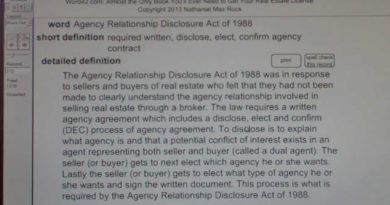Who
If you’re a landlord who lets out residential property to tenants, there’s a good chance that you’ll someday need to recover possession through eviction proceedings.
There are many reasons why you might wish to evict a tenant — before or after the end of their tenancy agreement.
Landlords frequently seek to terminate a tenancy for one or more of the following reasons:
- They want to occupy the property personally
- They wish to sell the property without an existing tenancy
- Rent arrears
- Antisocial behaviour
- Nuisance
- Unauthorized subletting
- Deliberate or negligent damage to property
Most tenancies where a tenant pays you rent are Assured Shorthold Tenancies (AST).
Here, we’ll focus on the costs of evicting an AST tenant in England* using Section 8 or Section 21 proceedings.
What Are the Court Fees for Evicting a Tenant?
Evicting a tenant is a lengthy and complex process. 01 For this reason, getting this right at the outset is incredibly important and valuable for any landlord.
You may be responsible for some or all of the following expenses to evict a tenant.
Legal Costs
Instructing a specialist tenant eviction solicitor is not technically required, but due to the precise nature of the legal processes (notices and court proceedings) and the need for detailed compliance by landlords to succeed, many landlords elect to instruct specialist litigation solicitors to assist them in this process.
The good news is that our specialist property solicitors charge fixed fees for evictions and are legally qualified, insured and experienced.
We advise landlords across the country on Section 8 and Section 21 notices. We’re experienced in handling claims against tenants, even if the tenant refuses to leave.
A significant percentage of tenants will vacate a property voluntarily upon receiving a Section 8 notice of a standard possession claim or a Section 21 notice leading to a potential accelerated possession claim.
However, if your tenant elects to defend the claim for possession, at least one hearing before the court may be required.
There are many reasons a tenant may choose to defend against a possession claim, including:
A claim for possession of a property leaves a tenant at risk of being forced to leave their home. The
Additionally, a tenant may make allegations and pursue counterclaims against you, most commonly based on the following:
Property disrepair;
Mishandling of a deposit; and/or
- Harassment.
- Because evicting a tenant can be fraught with difficulties and requires precise attention to detail, the possession process is often stressful and time-consuming.
- Many landlords instruct expert tenant eviction property dispute solicitors to handle every step of the process. He Rent This also increases the need for speed and accuracy and in ensuring everything is correct.
Lost Rent
If your Section 8 or Section 21 notice is found to be invalid, it can lead to significant delays in the possession process and additional loss of rent in cases where arrears can’t be recovered.
Court Costs
If a claim is needed after a notice has been sent but ignored, the next step is to issue a claim for possession of the property in the county court to apply for a possession order.
Here are the court fees as of July 2024. You
If you claim for possession of a property via a Section 21 notice and the application is approved on paper, the court will notify your tenant and provide them with a copy of the claim.
Once the tenant receives a copy of the claim, they have 14 days to challenge it (defend it), and/or to file a counterclaim.
If the tenant doesn’t defend the claim for possession of the property, you can proceed to apply for an Order of Possession. This At
Once obtained, the possession order sets a date for the tenant to vacate the property — typically 14 days after the order is made.
However, the notice period can be extended up to a maximum of 42 days at the Court’s discretion.
If the tenant fails to vacate after the date set by the Court, you will then be entitled to request a warrant or writ of possession — essentially a bailiffs’ warrant to regain possession.
You can file Form N325 or Form N325A (for suspended possession orders) with the county court or apply to have the possession order moved to the High Court.
Applying to the High Court is not always faster and is usually more expensive — High Court evictions typically cost at least PS1,000 more than County Court evictions.
Several court fees relating to residential evictions recently increased, including the Urgent High Court Possession Issuing Fee.
Once the notice period of the possession order has expired, you can instruct County Court Bailiffs or High Court Enforcement Officers (HCEOs) to evict your tenants.
Typically, the Bailiffs or HCEOs will give the tenant at least 14 days’ notice to vacate the property.
In practice there are usually long delays of at least 3 months for a bailiffs’ warrant at the county court.
Combined court fees for a residential eviction vary from case to case and are subject to frequent change.
In 2024, the average cost of evicting a residential tenant is between PS2,000 and PS3,000, including court and bailiff fees.
Before embarking on the eviction process without legal advice, it’s essential to consider the potential downsides. The
If you don’t follow the prescribed possession process to end a tenancy, you could face heavy fines or even criminal charges if your tenant alleges threats or harassment.
Worse still you might find yourself liable for the tenants legal costs as well as your own. Legal You
For many landlords, instructing expert eviction solicitors is a worthwhile investment, rather than risking incurring such costs.
Who Pays Court Costs for an Eviction?
Landlords are typically responsible for court costs in eviction proceedings, although there may be circumstances where you can recoup some or all of your fees.
Your tenant may be responsible for court costs and legal fees if:
The tenancy agreement or lease specifies that the tenant is responsible for eviction costs
The tenant’s unreasonable behaviour has caused you to incur additional fees
You are awarded an order for possession with costs
Unless the lease contains a clause that your tenant will be liable for the cost of a solicitor or other legal fees, you won’t be able to recover the cost of using an eviction solicitor to regain possession of your property.
For all the above reasons the benefits of using a specialist property dispute solicitor often outweigh the costs. He
Who Pays Court Costs After a Section 21?
A Section 21 claim for accelerated possession is reserved for specific circumstances, such as when a lease has expired and you wish to end the tenancy.
Receipt of a valid Section 21 notice will often be enough to convince your tenant to leave.
However, it’s essential that you follow the Section 21 process precisely.
Often, no court hearing is required to obtain an accelerated possession order.
If your tenant still refuses to leave, only the bailiffs can enforce the possession order and evict the tenant.
- If the eviction is successful, you may be able to recover a portion or all of the court costs from the tenant, subject to their ability to pay.
- The Section 21 process was designed to be used in relatively straightforward matters.
- Unfortunately for landlords, this “no-fault” eviction process may not be an option for much longer.
The Renters’ Reform bill stalled early in 2024, but it proposed eliminating Section 21 evictions.
The Labour Government’s recently announced Renters’ Rights Bill aims to “overhaul the private rented sector” and abolish Section 21 evictions, although details are still emerging.
The Section 21 eviction process remains in place as of the time of writing.
Who Pays Court Costs After a Section 8?
Section 21 and Section 8 notices have different requirements, but they can sometimes be served at the same time.
Unlike Section 21 accelerated possession claims, you must give grounds for possession in Section 8 proceedings.
Because a Section 8 claim can end a lease before the contracted date, it’s more likely to be defended and require at least one hearing before the court.
Court fees may increase depending on the complexity of the case.
As with the Section 8 eviction process, the judge may award you some or all of your court costs.
Unless your lease or AST agreement makes the tenant liable for lawyer’s fees, you won’t be able to recover those costs.
Can Court Costs Be Recovered From a Tenant in England?
Yes, a tenant can be made liable for some or all of the fixed court fees incurred through the Section 8 or Section 21 eviction process.
However, legal fees paid to lawyers or solicitors cannot be recovered unless there is a provision for liability in the AST agreement or lease.
In some instances, your landlord insurance — if you have it — can cover some or all of your legal costs.
Unfortunately, recovering your awarded court costs can be easier said than done — particularly in cases involving substantial rent arrears and a tenant’s inability to pay.
You may need to instruct debt recovery lawyers to recoup court fees in addition to rent arrears and any other awarded costs.
Need Advice? Contact
The current government has pledged to offer more under the Renters’ Rights bill, including eliminating Section 21 evictions and revising the grounds for possession under Section 8.
Failing to follow the residential eviction process to the letter can lead to significant delays — or much worse.
The best time to protect yourself when letting out residential property is when drafting the AST agreement or lease and it can be exceptionally important to obtain a property owning guarantor, if possible.
Helix Law’s expert property eviction solicitors act for landlords in disputes nationwide and are more than happy to help.
We also offer affordable fixed-fee services to navigate the Section 21 and Section 8 eviction routes from start to finish.
Get in touch with Helix Law today.
We aim to respond to all queries within an hour.
*Residential eviction procedures differ in Northern Ireland, Scotland, and Wales






